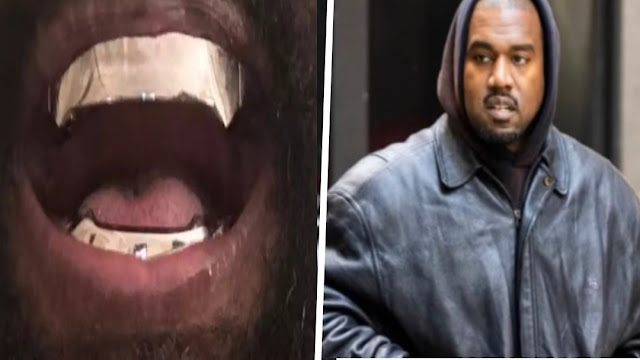Parents should seek babies permission before changing nappies, expert says
Parents should seek babies permission before changing nappies, expert says
 |
| Provided By: www.freepik.com |
According to an expert, in order to establish a culture of consent, parents should obtain permission from their babies before changing their diapers.
By The Giggle:
Parenting can be a difficult endeavour, and with all the love and laughter, there is always a pile of dirty diapers to deal with.
That component of the job isn't glamorous, but it's necessary, and we were all babies once - but one thing babies aren't capable of is communicating.
So one expert's suggestion that parents solicit their newborns' approval before changing them raises some eyebrows.
'Sexuality expert' says parents should ask for baby's consent when changing nappies.
— Sunrise (@sunriseon7) May 10, 2018
Yes, really... pic.twitter.com/iR6wUfP87i
Deanne Carson, a self-described "sexuality educator, speaker, and author," has generated a debate regarding consent culture since childhood.
Carson discussed promoting a culture of consent in early childhood during an interview on ABC in 2018.
While she normally works with children aged three and up on consent issues, she stressed the importance of introducing these concepts even younger.
Although babies cannot answer vocally, Carson emphasised the value of nonverbal communication, particularly eye contact, in communicating the message that a child's response is important.
Read More: Mom shows up in maths class and sits next to his son to halt him from being rude to teachers
She remarked in a piece about consent legislation, "We work with children as young as three years old." We work with parents from the beginning."
This novel technique prompted a reporter to inquire, "From birth?"
He replied: "Yes, just about how to set up a culture of consent in their homes so 'I'm going to change your nappy now, is that OK?'"
She admitted that expecting a baby to answer verbally is unreasonable, adding "Of course, a baby is not going to respond 'Yes, mum, that's awesome, I'd love to have my nappy changed.'"
Carson expanded on the practice, noting that by allowing a little moment of anticipation and waiting for nonverbal indications and eye contact, parents can communicate to their newborns that their reactions are important.
This assertion, it's safe to say, raised eyebrows online, with many questioning the point of obtaining permission from a newborn who doesn't actually understand what's going on.
"And what happens when the baby says no?" one individual wondered. Do you still want to do it? "Hold for a minute, there's a serious concern."
A second member of the audience commented: "Either she has never wrestled a toddler during a change or worse, she just left hers in a s****y nappy until it was ready to consent."
Popular: Man refuses to sleep with wife anymore as she won't shower before bed
"For the sake of sanity, if a baby's nappy needs changing, you change it," a third individual remarked. You are the adult in charge of the baby, not the other way around. Although it sometimes feels that way."
If that wasn't bizarre enough, a weekly parenting columnist for the Omaha World-Herald declared in October that parents shouldn't high-five their children.
According to John Rosemond, parents who give high-fives to their children are less likely to be respected by them as they grow older.
Rosemond declared that he would refrain from slapping the outstretched hand of an individual who does not meet the criteria of being his equal. According to him, a peer is someone who is above the age of 21, emancipated, employed, and financially independent.
Furthermore, Rosemond emphasised that when a child is permitted to exchange high-fives with an adult, it implies that they are implicitly allowed to communicate with the adult as if they are equals.
"The high-five is not compatible with respect," that's what he stated.
Who knew there were so many facets to parenting?
"Yes, just about how to set up a culture of consent in their homes so 'I'm going to change your nappy now, is that OK?'" he responded.
FOR MORE INTERESTING STORIES CLICK HERE.



Comments
Post a Comment